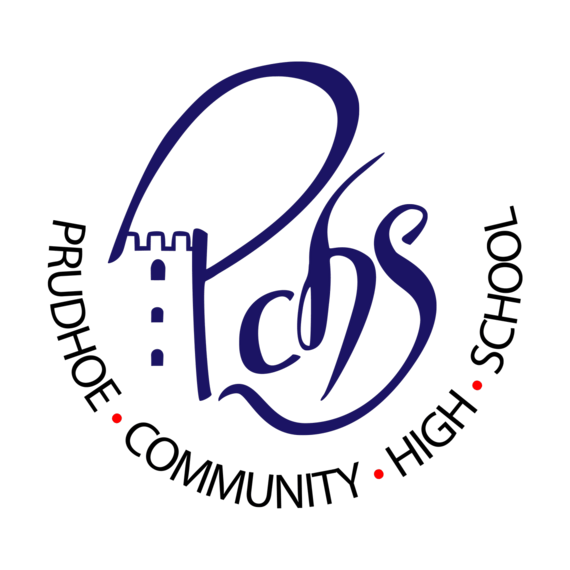About the department
The Humanities department at PCHS comprises of 4 subject areas taught from Key Stage 3-5.
At KS3 Geography, History and Philosophy and Ethics are taught separately and all follow a dynamic, intense curriculum to broaden our students’ understanding of the world around us and how nature and civilisation has shaped this.
Students are then given the opportunity to study all three of these subjects at GCSE level in combination with each other and the other option pool subjects. Humanities subjects remain some of the most popular subjects in the school in terms of option uptake with eighteen GCSE classes in both Year 10 and Year 11 across the three subjects and over 230 students entered for a Humanities GCSE this year in Year 11. This is due to the wide range of skills offered by these subjects and the excellent specialist teaching on offer. At A level Geography, History, Psychology and Philosophy and Ethics are joined by Sociology in being offered. Uptake is also strong at A Level and each year we have a number of students going on to University to continue their studies in Humanities courses.
Geography
Geographers at PCHS should be curious and interested in the world and its diverse people and environments.
The curriculum which students access at all key stages will develop their knowledge of places, identity, natural and human environments and processes and how they all tie together.
Geography students will develop skills in literacy through oral and written communication, numeracy, graphical and cartographic literacy and data analysis.
History
History at PCHS develops curious, independent and resilient learners who understand the importance and relevance of history in their lives as global citizens and members of the local community. History is a subject for all students whatever their ability and students will be challenged and supported to achieve their best at all times.
Students will experience a wide range of learning activities to inspire their curiosity and develop their independence, interpersonal skills and their resilience to become effective learners. Underpinning this will be a focus on respect for others, the diversity of societies as well as their own identity and the challenges of today.
Effective communication both orally and written will be developed as an integral part of the curriculum e.g. the importance of structure, spelling, punctuation, grammar, key words and academic language.
Philosophy and Ethics
The Philosophy and Ethics curriculum at PCHS offers a study of a range of different religions, ensuring students have a thorough understanding of diverse philosophical and ethical viewpoints.
Students gain critical and evaluative skills sought by higher education and employers – particularly in law, education, social work, politics, medicine, administration and the media. Religious studies is a thought provoking subject and the contemporary themes on offer help students to inspire engaging classroom discussion.
Sociology
Sociology students at PCHS gain knowledge on contemporary society and develop critical and reflective thinking with a respect for social diversity. Students will gain an awareness of the importance of social structure and social action in explaining social issues.
Students will acquire an understanding of wider sociological theories and methodology to enable them to evaluate and analyse contemporary society.
The Key Stage 5 curriculum prepares students for Higher Education or the workplace by developing skills of application, analysis, evaluation, reasoning and encouraging independence and independent thought. The knowledge that students develop enables them to access HE courses such as Sociology, Criminology and Social work.
Psychology
In psychology our aim is to develop curious, independent and resilient learners who understand the importance and relevance of psychology in their lives as global citizens and members of the local community. Students will be challenged and supported to achieve their best at all times. Students will experience a wide range of learning activities to inspire their curiosity and develop their independence, interpersonal skills and their resilience to become effective learners. Underpinning this will be a focus on respect for others, the diversity of societies as well as their own identity and the challenges of today. Effective communication both orally and written will be developed as an integral part of the curriculum.
Psychology is the ‘scientific study of the mind and behaviour’, and the A Level offers an introduction to six ‘core’ areas of the discipline, social psychology, cognitive psychology, developmental psychology, psychopathology and biological psychology. There are 3 optional units, forensic psychology, relationships and schizophrenia. research methods underpin all of the topics. An important skill you will learn is how to evaluate conflicting theories about the topics you cover, and the studies that support, or challenge, them. Discussions about research findings will allow you to develop this skill, and engaging in practical psychological research will help you to improve your knowledge of the methods psychologists use. Psychology A Level builds on skills developed in the sciences and humanities, and enables progression into a wide range of other subjects.
Links to key documents
Details of our curriculum plans across all key stages can be found here:
YEAR 9
YEAR 10
YEAR 11
YEAR 12
YEAR 13

